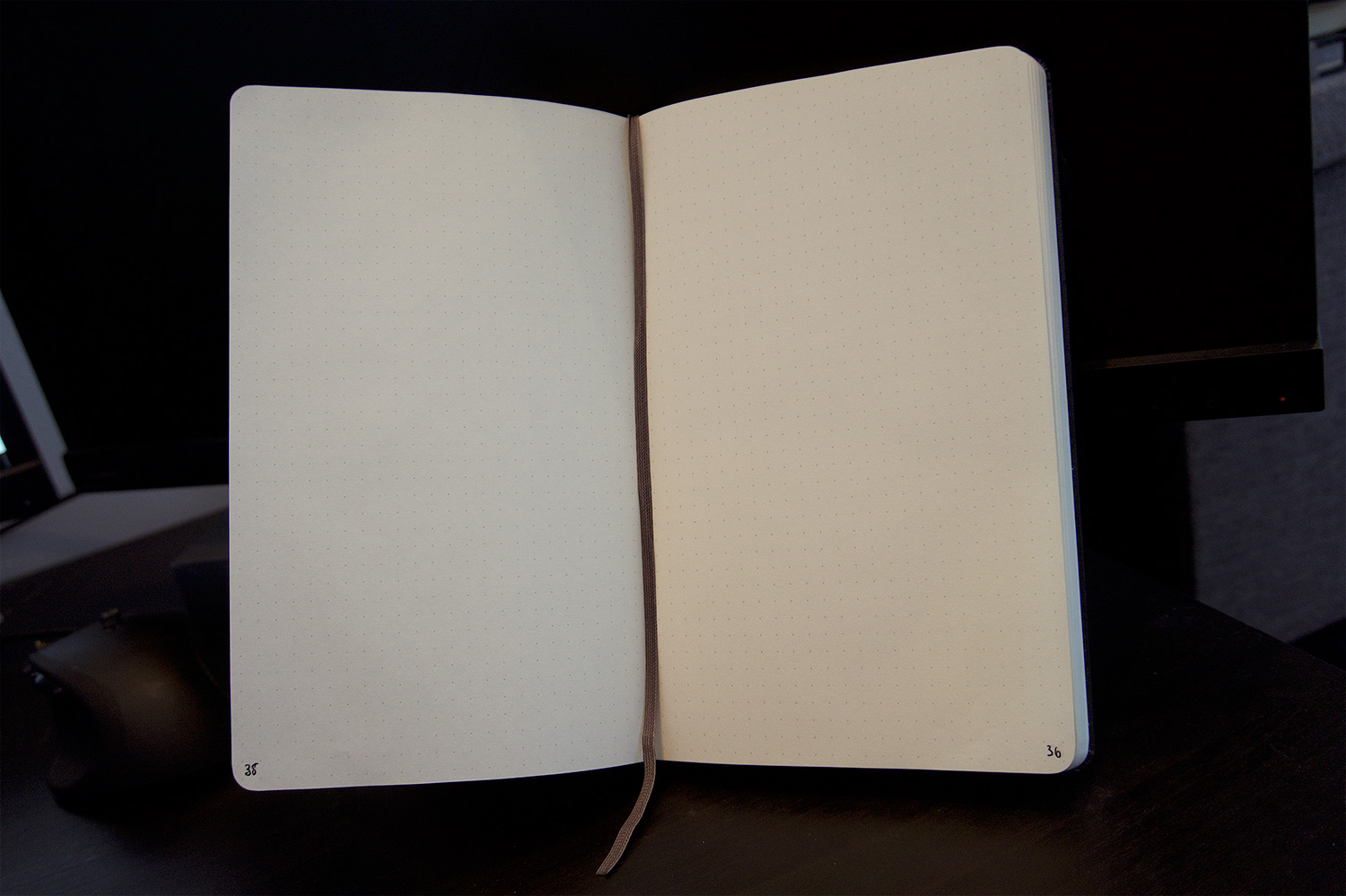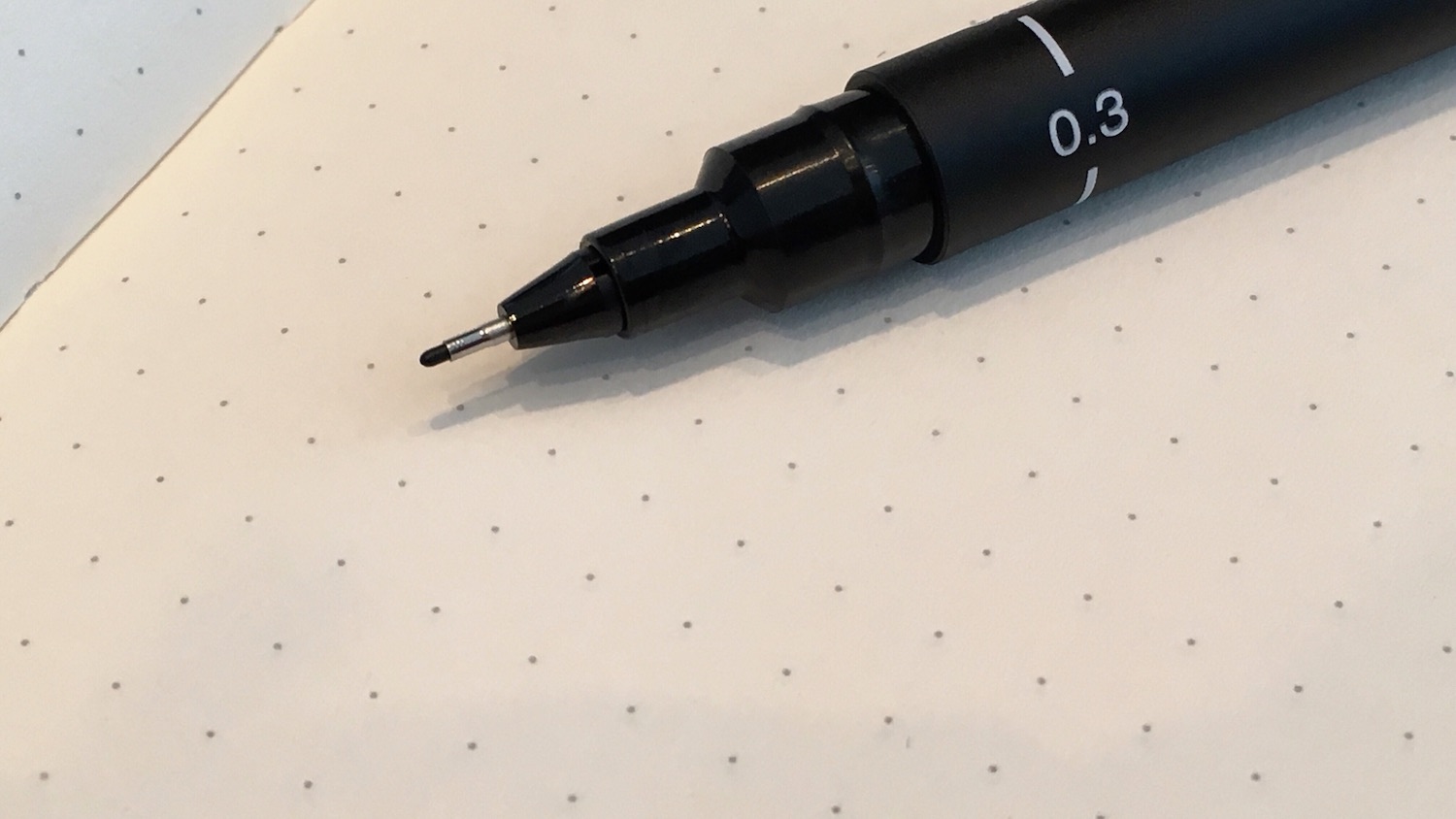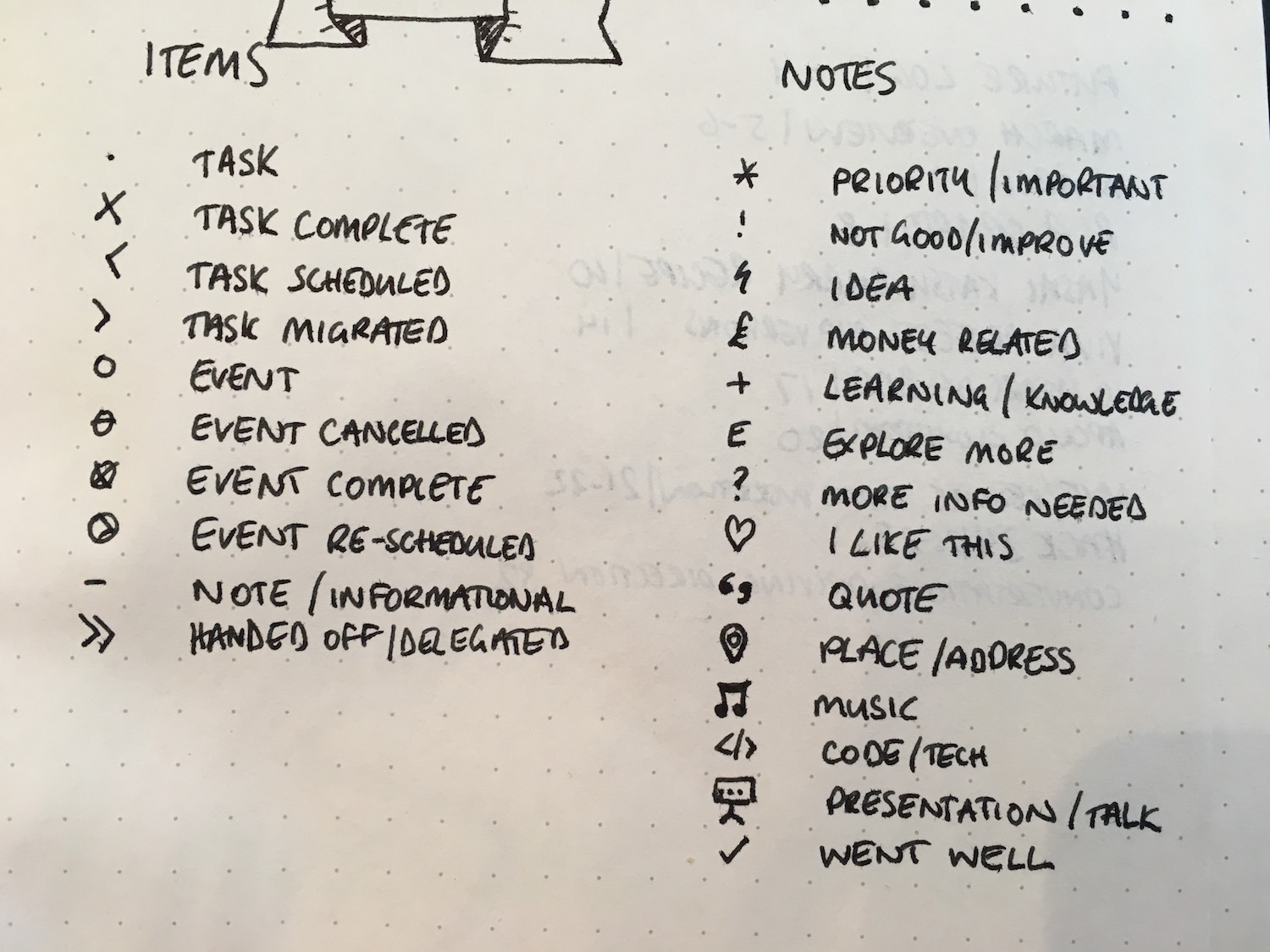A month of bullet journalling
It’s been a month since I started bullet journalling - it’s been good for my motivation, keeping track of what I’ve got going on, as well as making me mindful of all the things I’m doing.
A month ago, I learned about bullet journalling from “That podcast” with Beau and Dave - and it then further got endorsed by David McKay who had been doing it for a while. I decided to take a look at it, after hearing Beau say:
“I’ve been doing the paper notebook thing for a couple of years now, but I was never very consistent with it”
I wholeheartedly agreed with this, as that’s what I’ve been like myself. I’d never really felt like there was much benefit for me with a pen-and-paper approach. But after hearing how bullet journalling had helped people, I figured there’s nothing stopping me from giving it a try.
I’ll also preface this with, if you’re going to make a comment about “you’re doing it wrong, that’s not real bullet journalling - just don’t bother. I’ll do what I do.
Constructive criticism, however, is welcome.
The journal
I’m using a Moleskine classic notebook - it’s a black, hard-cover, large size notebook with dotted pages. A grid had been suggested, but I’d never liked gridded notebooks, and always liked dotted notebooks anyway, so I went with what I knew and loved.

The pen (oh yes, we’re going there)
I’m using a Uni PIN 0.3 as my pen, I was originally using a Pilot V5 which was my favourite pen, but then I discovered the Uni PIN 0.3 and immediately switched - it’s my new favourite.

My items & keys
I’ve setup the following for my items and keys:

I’ve added ways to indicate things important to me, so when it comes to things like end of sprint retrospectives, I can look back through my notes to easily identify things that went well, things that need improving, things I’ve learned etc.
It helps for itentifying things in my future log. I can see when talks are scheduled, where money-related items are taking place, or when code-related things are planned.
There’s probably more here than I’ll regularly use, but we’ll see.
How I’m finding it
I use the system for personal things as well as work items. It doesn’t replace a project / task management system at work, but I ensure the things I’m actively working on day-to-day are in the book.
I’m finding it a lot easier to know what (and how much) I’ve got on my plate, and making sure to keep track of everything is really helping with me being mindful about things I’m doing.
It’s really helping me with motivation, being able to see and mark off all the things I’m doing, no matter how minor in my day-to-day entries. Seeing pages and pages being filled with marked off items is a real boost. I also feel I’m not missing or forgetting things as much as I was before.
I like the indexing system, being able to make notes about a specific event, topic or just jot down ideas and be able to come back to them later.
I’ve made notes on talks & events I’ve attended. Kept research and learning notes from things I’ve been reading up on, and used it to note down my own ideas to help me clarify the things and points I want to get across as the thoughts evolve over time - (I’m currently working on something called “How conversations drive direction” and being able to jot down little notes when they pop into my head is really helpful.
I have a set of pages at the back of the notebook that I’m using to keep track of things such as ideas for blog posts, ideas for talks / subjects to explore further and code projects that I might like to try writing.
In conclusion
I like bullet journalling, it’s made me more mindful, ensured I’m more aware of what I’m working on and whether things are complete, as well as helped me get organised day-to-day.